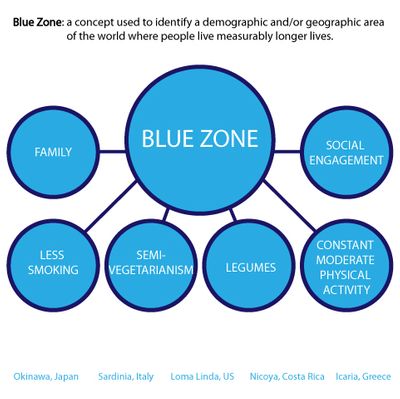At work, we are driven by numbers- results! At school there are grades, math class, science, so many numbers and data points, so little time. As athletes we value things like interval times, wattage, paces, and time trials. As WIN participants we have kept track of our miles, and soon our elevation, and other benchmarks along the way. Regardless of what metrics matter most to you, it’s all too easy to get caught up in them until they become all that matters. But what happens when you hit a plateau, stuck in the same place, maybe even going backwards? As anyone with experience in their positions we know you can only keep up that intensity, that upward trajectory for so long before it sometimes begins to feel like it is starting to crush you.
Sometimes the best way to keep going forward is to actually take a few steps back! Specifically taking those steps OUTSIDE. There is a strategy called “forest bathing” that has gained more popularity and understanding that any one of us can do today that has been shown to benefit stress levels, anxiety, and the nervous system. Before we dive into what exactly forest bathing is, it’s worth looking into what the commonalities of centenarians are across the globe, especially in what are known as the Blue Zones.
Several years ago, Dan Buettner was assigned an article by his editors at National Geographic to not only find the communities across the world with the greatest longevity, but also to document the potential reasons for their lifelong vitality. What started as a simple assignment lead to several New York Times bestselling books, starting with the title The Blue Zones. One of the commonalities that Buettner found was that the people living in Okinawa, Sardinia, and other areas where active centenarians are commonplace rather than exceptions is that they walk outside every day. In fact while all the locations of the Blue Zones varied in region, terrain, weather, etc, the locales of each place traversed over six miles on average.
You might not live in a seaside community in Japan or amidst towering peaks in Italy, but you can still take a leaf out of the Blue Zones playbook and simply get moving outdoors as often and for as long as your schedule allows. In fact in Japan, a term emerged called “shinrin-yoku”. In Japanese “Shinrin” means “forest” and “yoku” means “bath”. So shinrin-yoku means bathing in the first atmosphere, or taking in the forest through our senses. So how does one “forest bathe”? It’s easier than you think! First, keep your phone, camera and headphones at home. Next, focus on the 5 senses, and you’re doing it! For example:
- LOOK at the tree tops sway with the wind
- SMELL the soil or scent of pine in the air
- FEEL the tree trunk with your hands or the wind on your face
- HEAR the chirps of birds or the sound of crushed leaves under your footsteps
- TASTE the fresh air with a deep breath!
The beauty of shinrin-yoku is that there is not a one-size-fits-all solution, and it differs from person to person. You can get to your destination and decide you’d like to walk, sit on a rock, lay down on a blanket, do some yoga, climb a tree. Any of these things could work! You can forest-bathe anywhere in the world- its just important you find a place that suits you. Hot weather, cold weather, rain or snow, in fact, you don’t even need a whole forest! Perhaps a neighborhood trail, a bench by a tree in the park, a backyard garden. Look out the window, find a tree, and get yourself there! Before you know it, not only are you doing something nice for your body, but you are treating your brain and emotional state.
People of those Blue Zone populations have better sleep quality, report less stress, and feel more serenity than their counterparts. Of course there is much positive things to say about their diets, social community and family emphasis as a part of their culture that play a huge role in those results, and could warrant an entire article or a book review of the Blue Zone book, but one easy take away that can be implemented immediately with results just as immediate it to get outside at least once this week, get and see what you can find to restore, awe, and inspire you. And ultimately the positive impact will be seen in things like work performance, or athletic benchmarks, but most importantly overall happiness. Go forth and find your Blue Zone!

